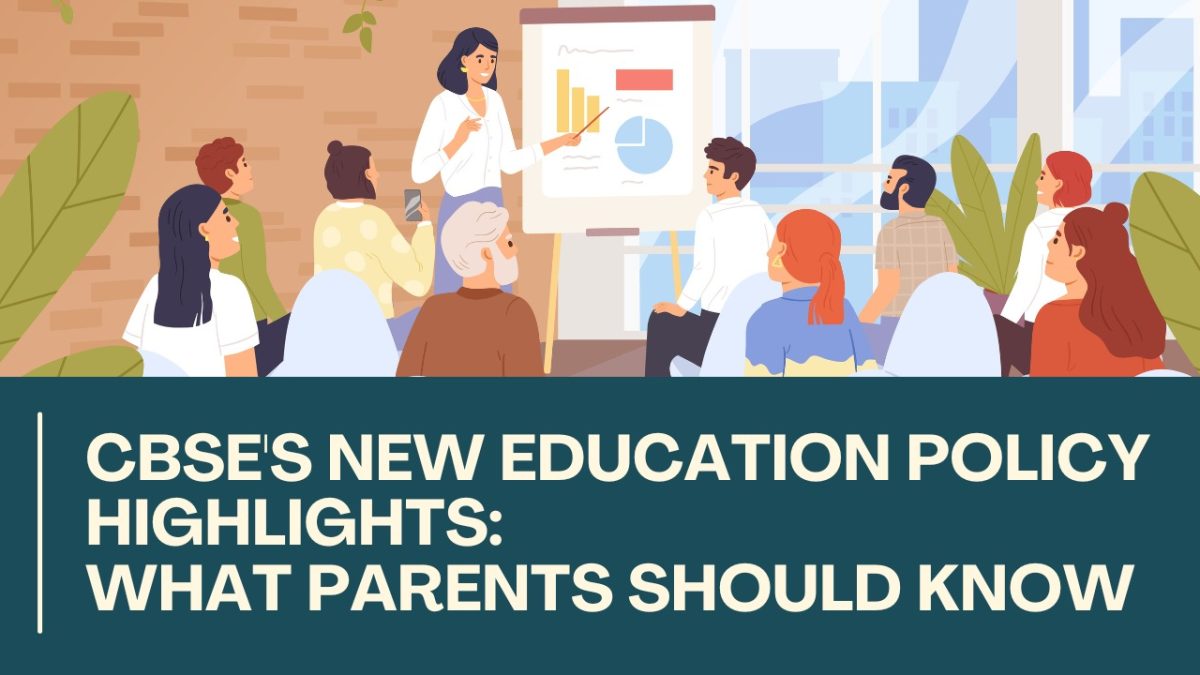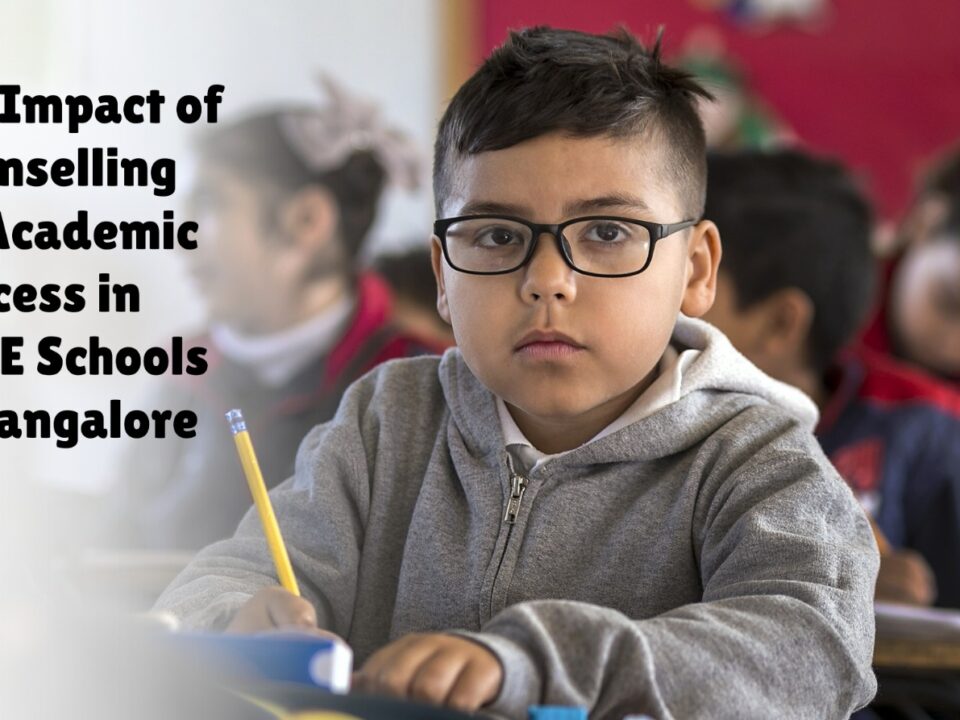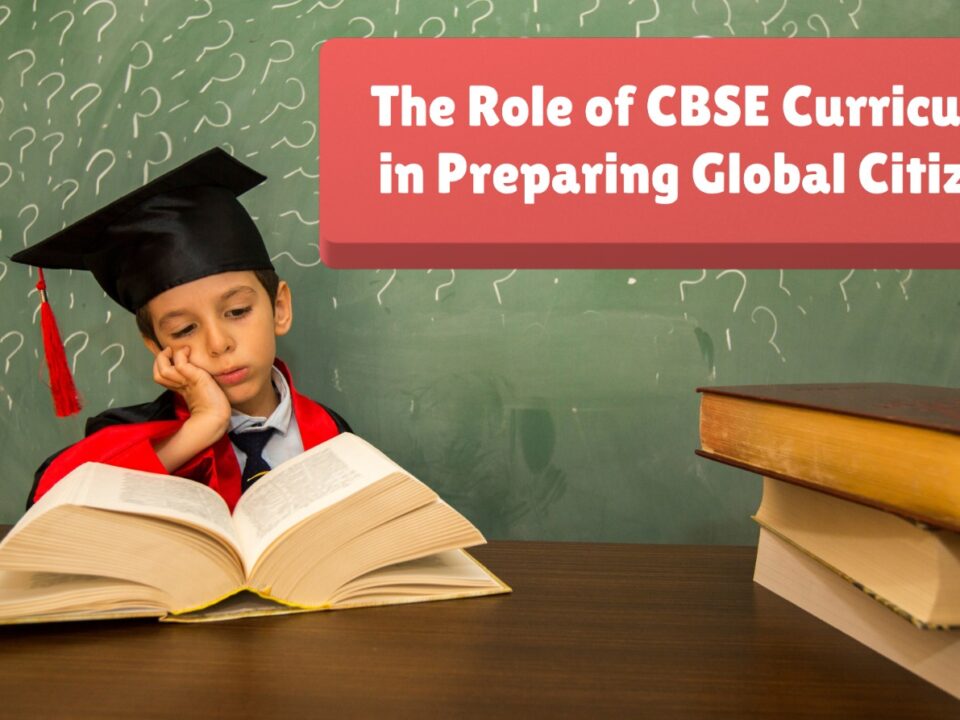CBSE’s New Education Policy Highlights: What Parents Should Know

Tips for Parents: How to Support Your Child’s CBSE Education at Home
April 21, 2025
How Sristi Global School Helps You Excel in Humanities with Real-World Exposure
June 27, 2025Indian education is going through its transitional phases. With the enactment of the National Education Policy (NEP) in 2020, the Indian education system is undergoing several changes in school education. CBSE’s new education policy also emphasizes the holistic development of students instead of rote learning. If you are a parent with kids enrolled in CBSE schools in Bangalore or are planning to do so in the near future, here is what you should know regarding these changes.
1. Emphasis on Foundational Learning
The new policy prioritizes sound literacy in the early years. For the younger students, the curriculum is now more activity-oriented and experiential in nature. This applies to both pre-primary and primary learners, where a happy and interactive classroom is now a priority. Several CBSE schools in Bangalore have already started making these changes, with child-centered teaching practices and more interactive classrooms.
2. Redesigning School Education: 5+3+3+4
One of the key changes under the CBSE New Education Policy is the new academic structure:
Foundational Stage (5 years):
This stage includes three years of preschool followed by Grades 1 and 2. It focuses on play-based and activity-based learning to build language, motor skills, and early numeracy.
Preparatory Stage (3 years):
Covering Grades 3 to 5, this stage introduces students to formal classroom learning with a focus on language, science, mathematics, and the arts through interactive and discovery-based methods.
Middle Stage (3 years):
For Grades 6 to 8, this phase shifts toward subject-specific learning. Students begin exploring abstract concepts and critical thinking through hands-on projects and experiments.
Secondary Stage (4 years):
Spanning Grades 9 to 12, this stage aims to deepen subject knowledge and promote multidisciplinary learning. It encourages flexibility in subject choices and prepares students for higher education or careers.
3. Language Flexibility
The new policy promotes multilingualism. Students will learn three languages, and wherever possible, the medium of instruction up to Grade 5 will be the mother tongue or regional language. Schools can also choose English, and the CBSE curriculum allows adjustments based on regional needs and available resources.
4. Decreased Exam Stress
Board exams will no longer be the sole indicator of a student’s abilities. The emphasis now is on competency-based testing that checks the application of knowledge rather than mere memory. For instance, question papers will have real-life situations and case-based questions.
5. Integration of Vocational Subjects
To develop practical skills at an early stage, students from Grade 6 and above will be exposed to vocational training like coding, agriculture, carpentry, and others. This enables them to discover interests outside academics and make better choices regarding their future.
6. Digital Learning and Technology Integration
Since the pandemic forced schools to go online, the new policy officially acknowledges the role of digital resources in classrooms. Blended learning on online platforms is encouraged by schools, and digital literacy as an essential skill has been incorporated in the CBSE curriculum. Thus, the CBSE New Education Policy represents a significant leap towards making Indian education conform to international standards without losing the focus on local requirements. If your child is learning through the CBSE curriculum, now is a good time to become familiar with the new guidelines, discuss with your school, and make necessary changes in your support at home.
In Conclusion
CBSE New Education Policy aims at making education more meaningful, practical, and inclusive. If you’re seeking a school which is already compliant with these new reforms and is dedicated to producing well-rounded individuals, choose Sristi Global School. At Sristi Global School, we adhere to the CBSE curriculum with an integrated approach that combines traditional values with contemporary teaching techniques. Interested in learning more? Call us at +91 6366-236142 today!
Follow Us On:




